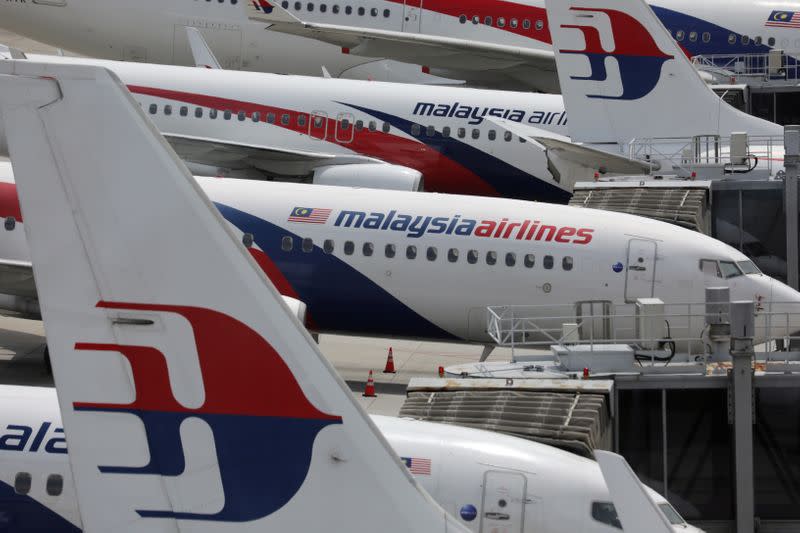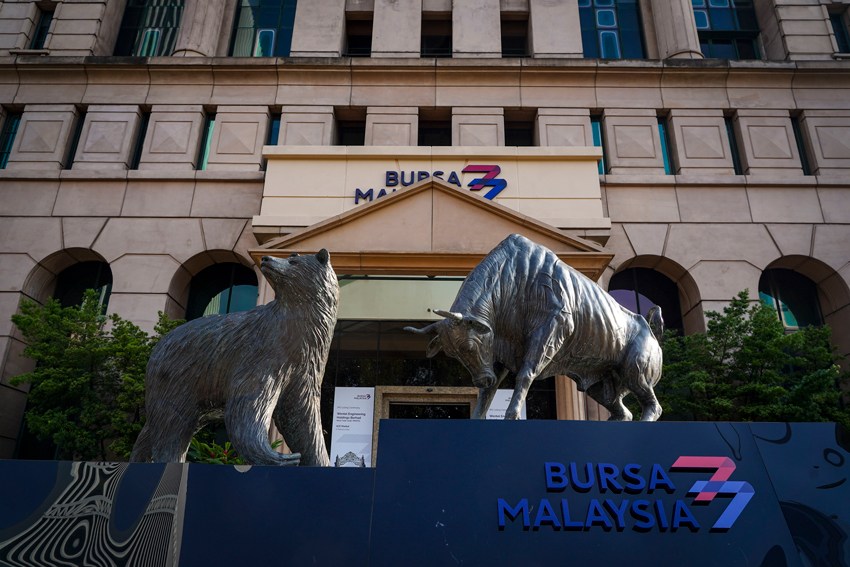MALAYSIA Aviation Group (MAG), the parent of national carrier Malaysia Airlines Bhd has recorded a positive EBITDA (earnings before interest, taxes, depreciation, and amortisation) of RM433 mil for the financial year ended Dec 3, 2021 (FY2021) from a loss of position of -RM1.76 bil a year ago.
The ability to stem its loss by 60% compared to 2020 was due to sustainable strategies underlined in its enhanced Long-Term Business Plan 2.0 (LTBP2.0).
“This was achieved through strong cargo performance by MAB Kargo which generated revenue of RM3 bil as a result of high global demand, allowing increased freighter and belly utilisation via passenger-to-cargo flights,” MAG pointed out in a media release.
“Despite lower passenger traffic and reduced capacity for Malaysia Airlines by 62% and 71% respectively in 2021, the national carrier recorded 57% higher yield in passenger revenue.”
This was made possible through its Airline Revenue Maximisation Solution (ARMS) which provides a complete and comprehensive picture of an airline’s revenue and cost ecosystem, personalising fares and offers to customers at a willing-to-pay rate using predictive forecasting features
As a whole, the restructuring the group undertook in 2021 has given MAG the opportunity to holistically repair its balance sheet and address decades-long legacy issues, resulting in a reduction in the group’s liabilities of over RM15 bil and eliminating RM10 bil in debt.
“Lower operating cost from its cost savings/avoidance initiatives across the group as well as lower leasing cost post its successful restructuring further contributed to the improved performance in 2021,” noted MAG.
As a group, MAG launched its Sustainability Blueprint in April 2021 to promote socio-economic development and achieve net-zero carbon emissions by 2050 across its businesses. Since then, it recorded 2.6 million kg of jet fuel savings equivalent to RM7 mil and 8.1million kg of carbon reduction from operations across its cargo and commercial flights.
With the gradual re-opening of international borders, MAG said it foresees strong uptake in passenger demand and sales contributing to the group’s cash balance which remains solid.
“Cargo operations will continue to lead the market as the demand for cargo movement in the Asia-Pacific region is expected to grow by 5%,” the aviation group projected. “Malaysia Airlines and its sister airlines will gradually add capacity for both domestic and international routes, expecting to achieve more than 70% capacity to pre-pandemic level.”
Firefly has reinstated its jet operations from new hub, Penang International Airport, starting April 11.
“The current Russian/Ukraine conflict has raised concerns and challenges in managing operational cost which is directly impacted by the escalating fuel price. Fuel price at current levels of US$110/barrel to US$130/barrel makes up to 40%-45% of the group’s total operational cost, an increase of about 35%-40% from a year ago,” noted MAG.
“All companies within the Group have taken immediate steps to manage the impact of higher fuel cost. Safety remains the top priority for the group and measures has been taken to avoid the conflict zone.”
Recall that Malaysia Airlines flight MH17 from Amsterdam to Kuala Lumpur was shot down on July 17, 2014 while flying over eastern Ukraine. All 283 passengers and 15 crew on board perished in the incident. – April 21, 2022









